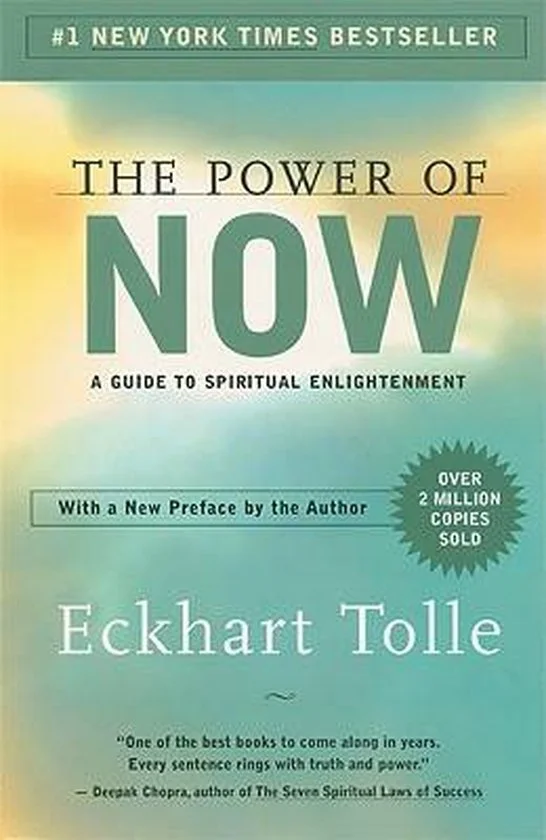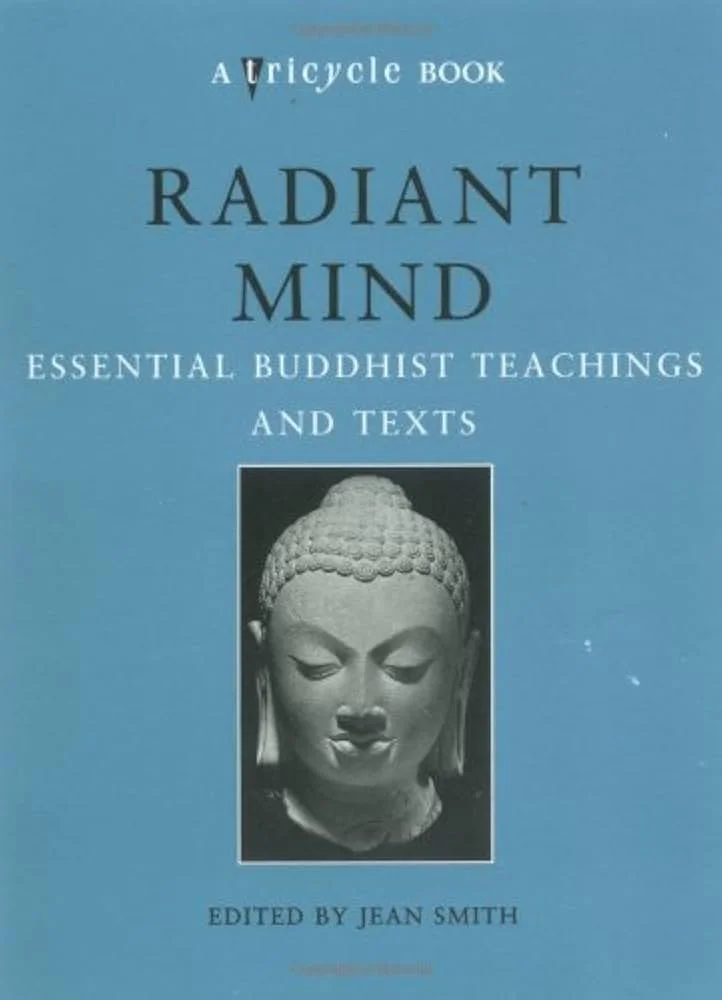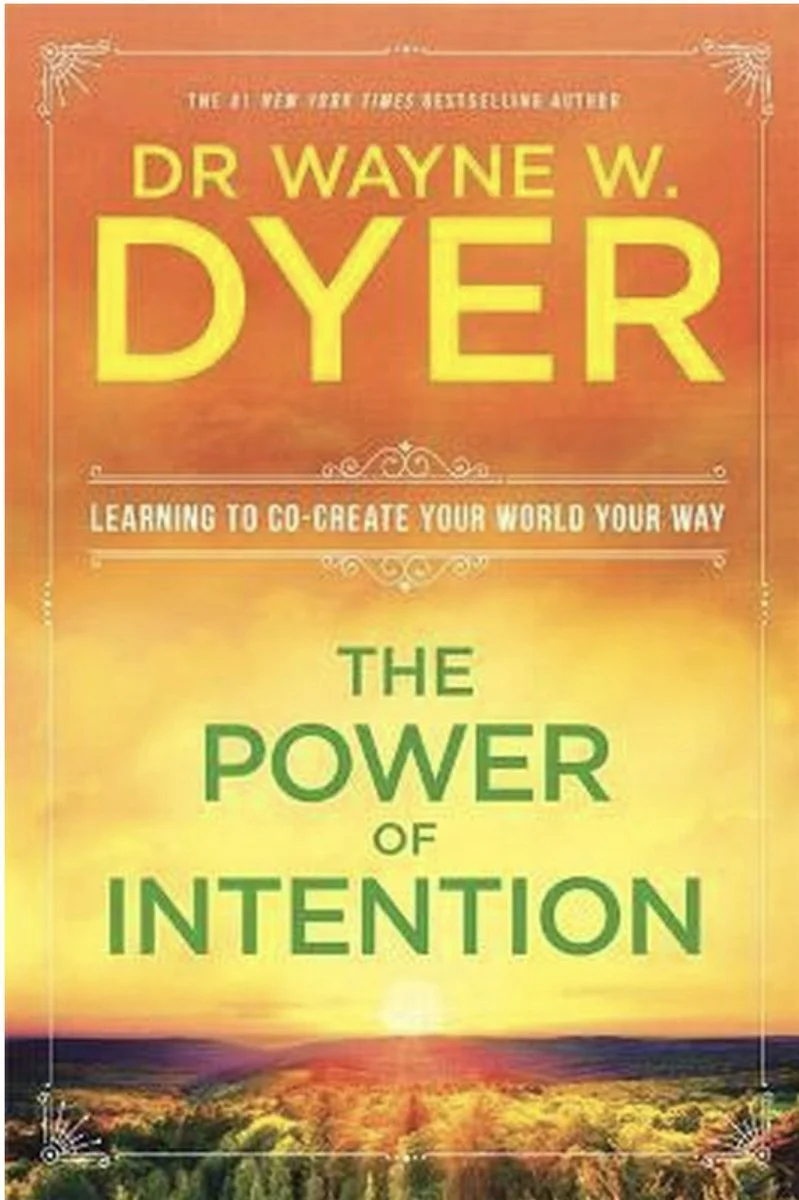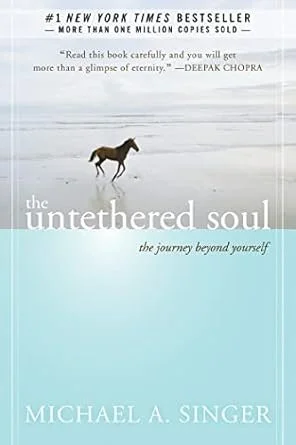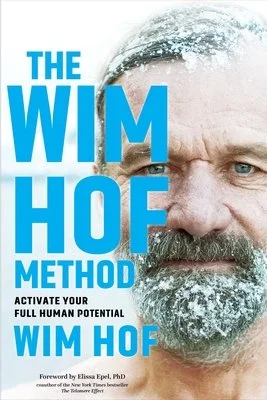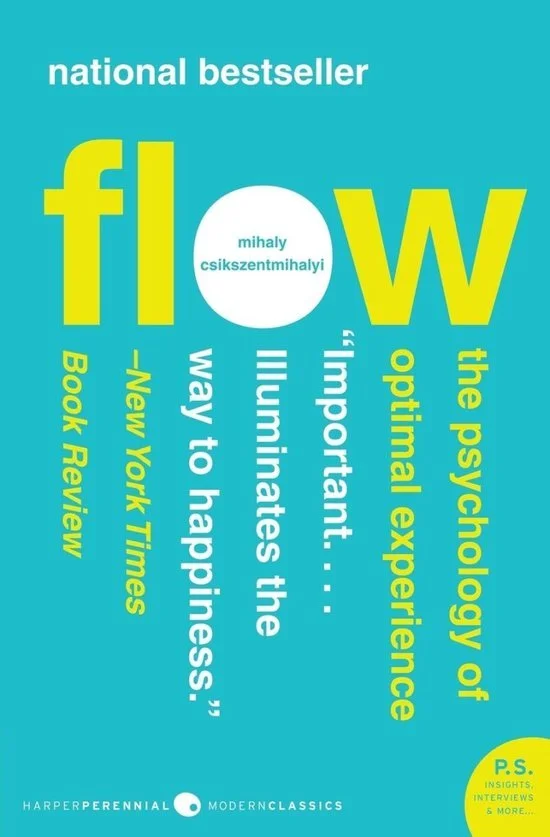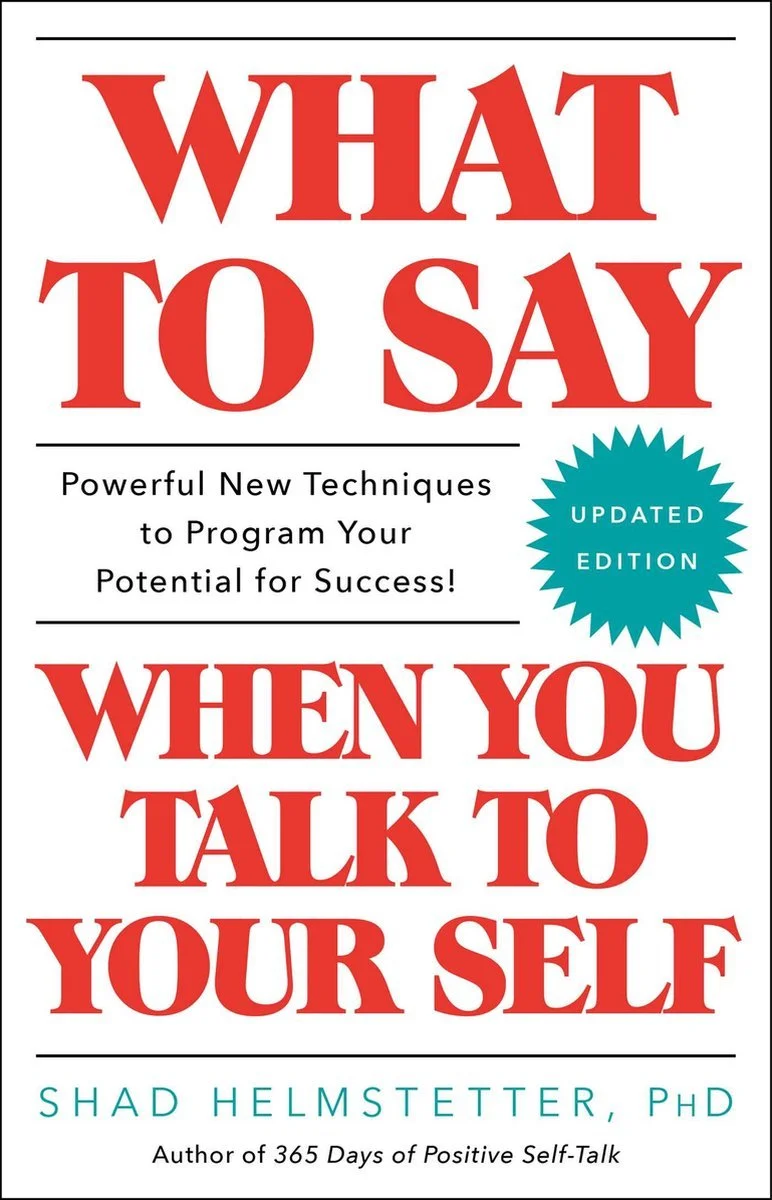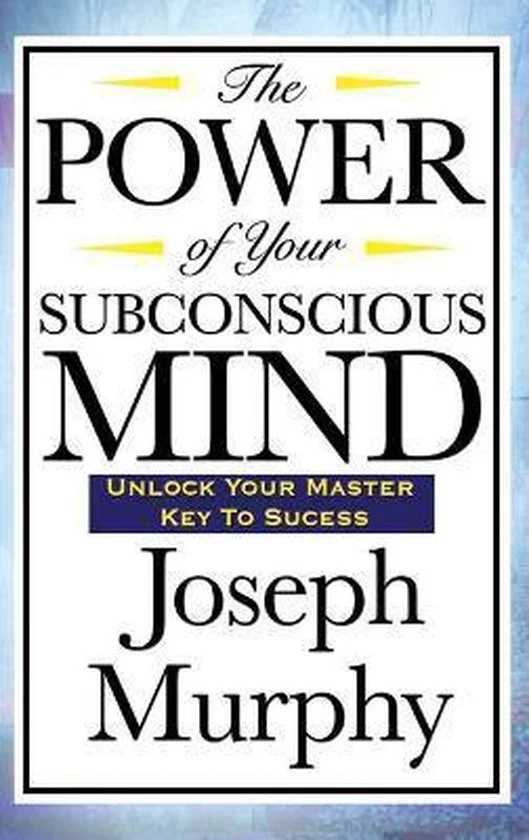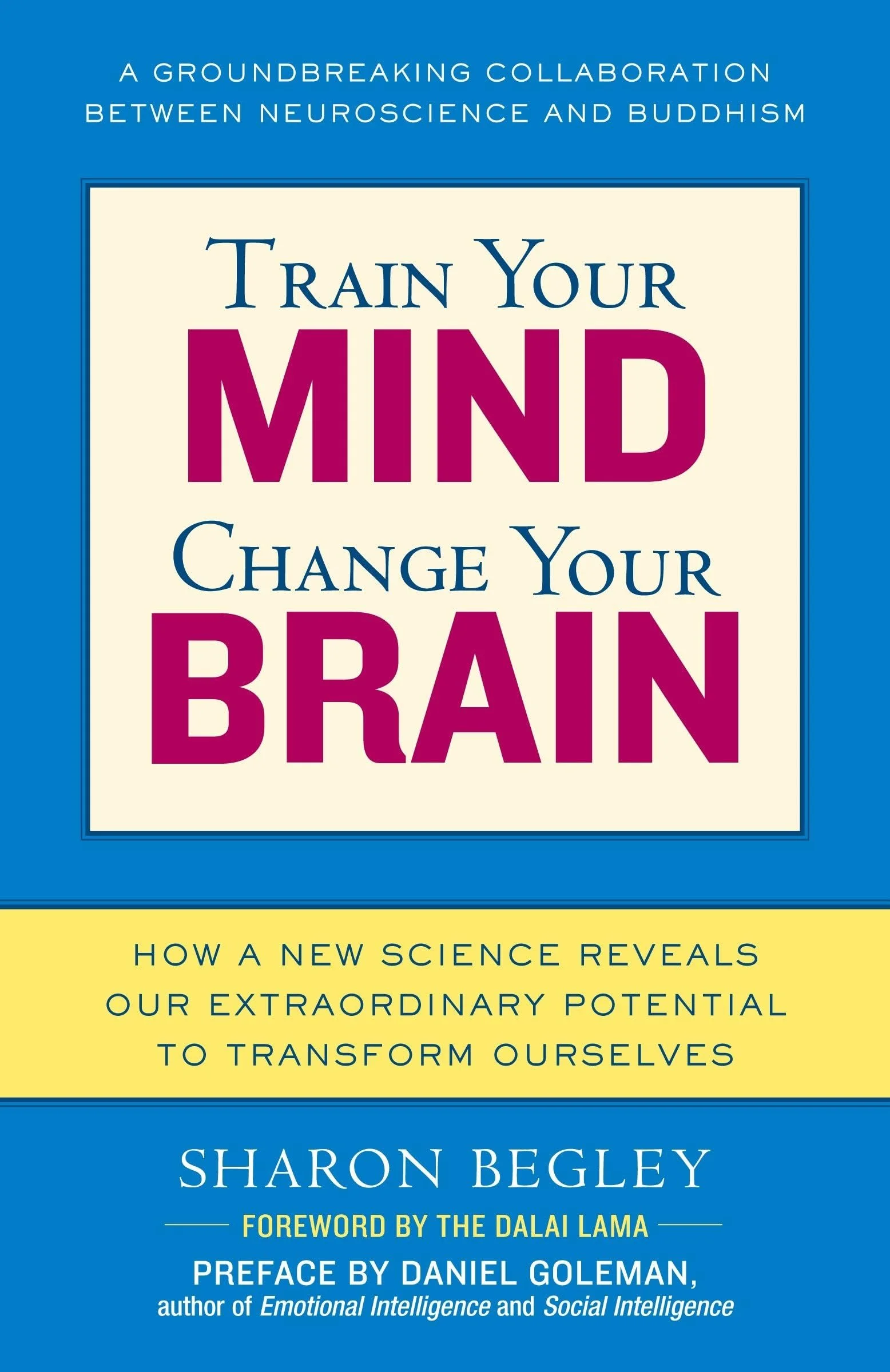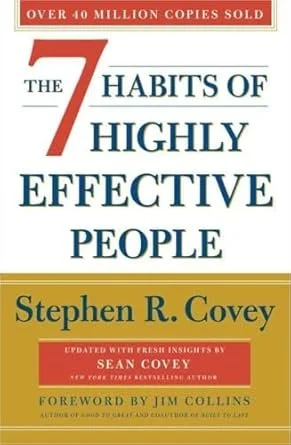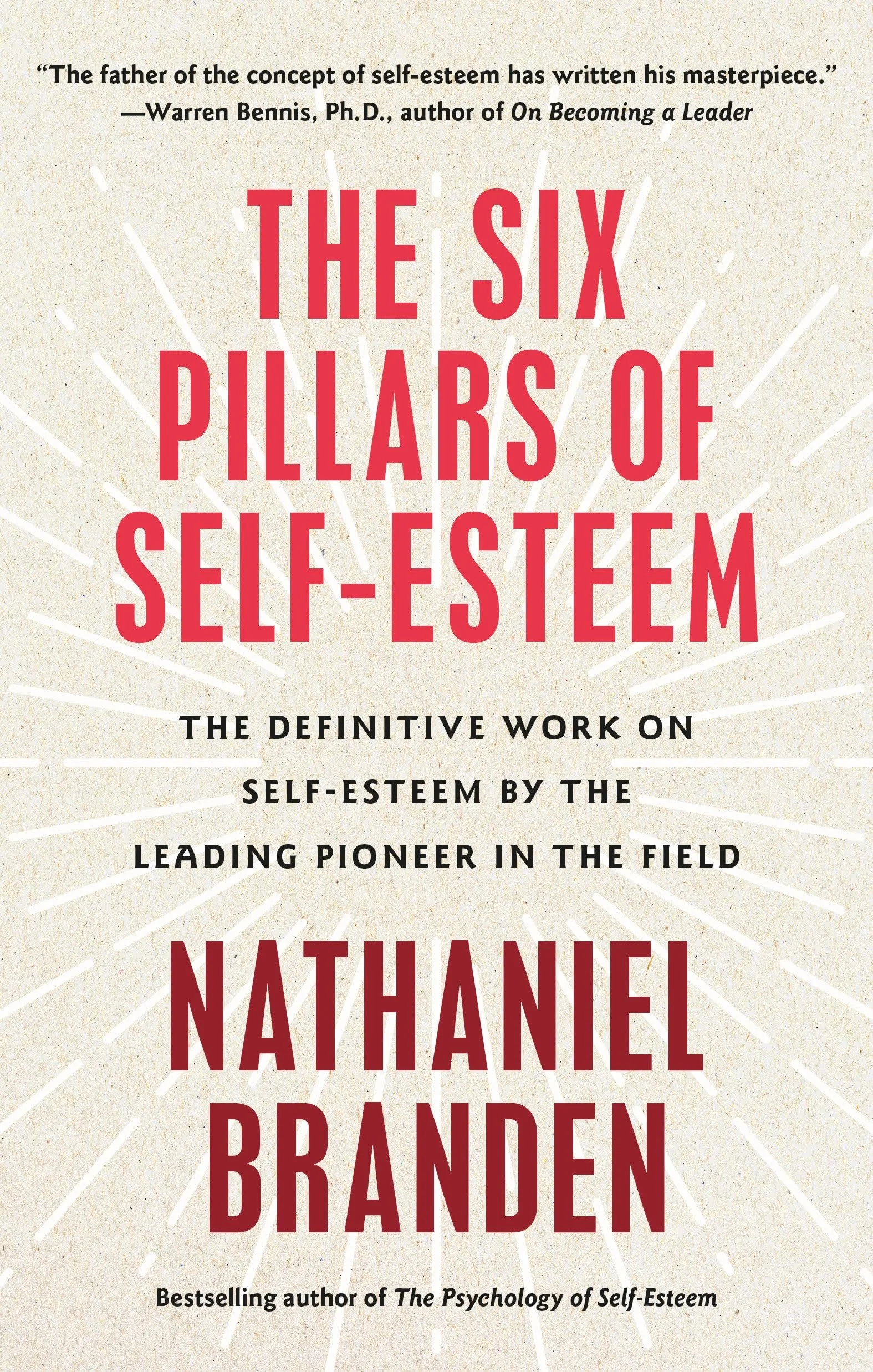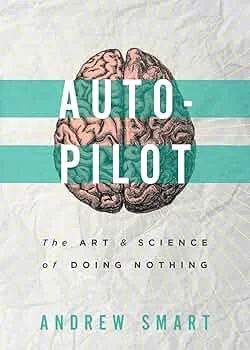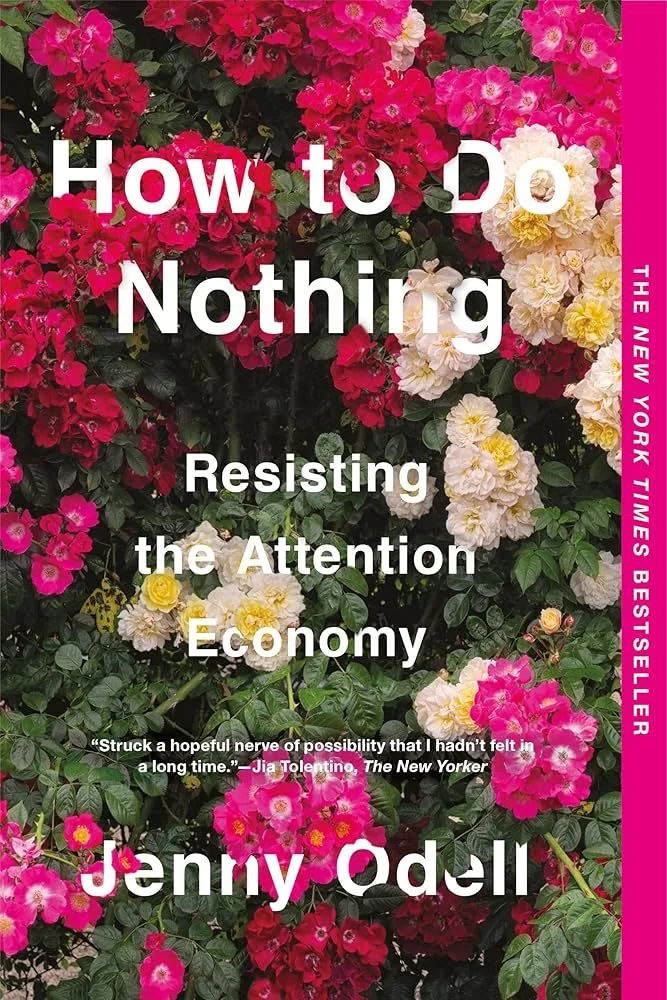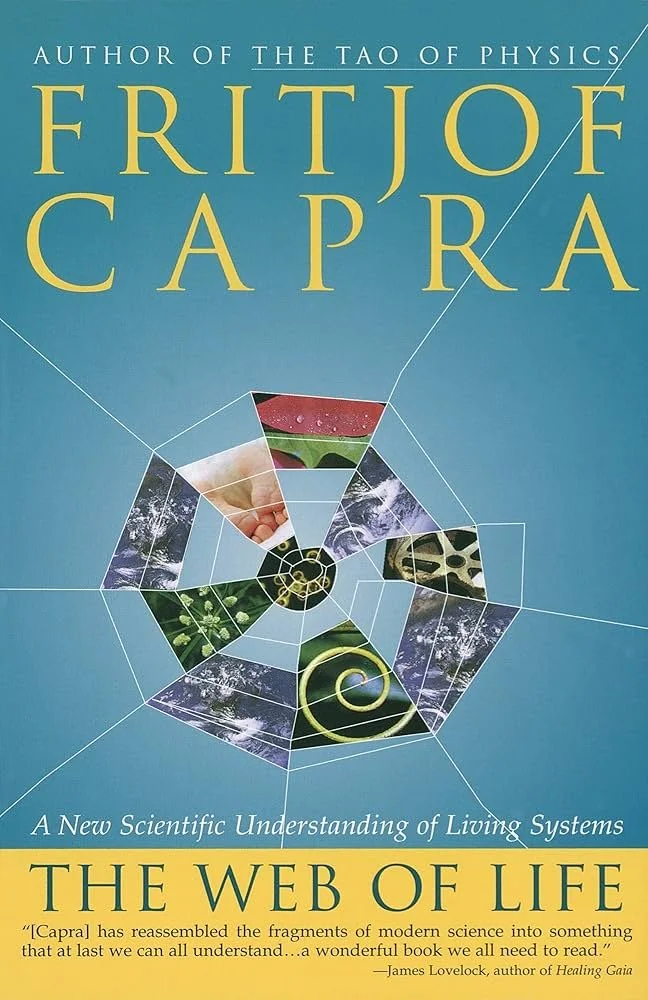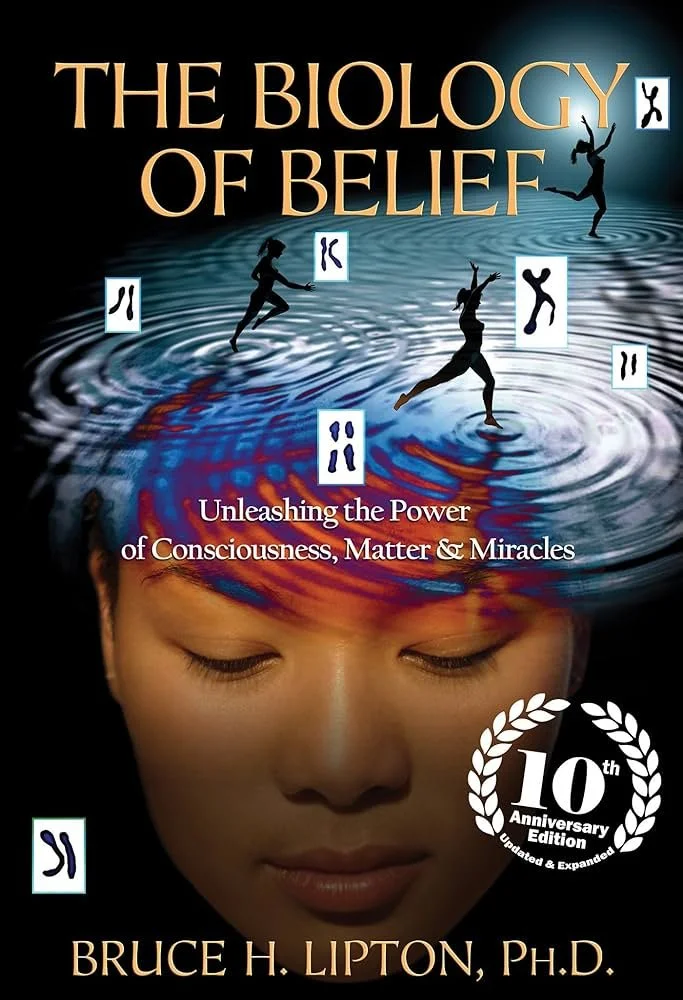This is my collection of books that have the power to change lives. I’ll continue adding to this list—works that have shaped my thinking, inspired growth, and opened new perspectives. From mindfulness and spiritual practice to psychology, neuroscience, philosophy, and personal effectiveness, these books may spark new insights for you too.
Living the Wisdom of the Tao (Wayne Dyer)
A modern interpretation of Lao Tzu’s Tao Te Ching, this book pairs each of the 81 verses with reflections and affirmations. Dyer emphasizes living with balance, simplicity, and harmony in everyday life.
The Four Agreements (Don Miguel Ruiz)
Ruiz shares four simple yet powerful principles—be impeccable with your word, don’t take things personally, don’t make assumptions, and always do your best. These agreements serve as a guide to freedom and happiness.
The Mastery of Love (Don Miguel Ruiz)
Focused on relationships, Ruiz explores how fear and self-judgment sabotage love. He offers tools for cultivating self-acceptance and creating healthier, more fulfilling connections.
The Power of Now (Eckhart Tolle)
Tolle explains how living in the present moment can free people from stress and suffering. He blends spiritual wisdom with practical advice for overcoming the mind’s constant chatter.
The I Ching / Book of Changes (Brian Browne Walker, translator)
An accessible translation of the ancient Chinese oracle text, the I Ching, offering timeless wisdom on change and decision-making. Often used for reflection, it helps readers navigate life’s turning points
The Art of Happiness (Dalai Lama & Howard C. Cutler)
Combining Buddhist philosophy and Western psychology, this book outlines practical ways to cultivate happiness. Through dialogue and stories, it stresses compassion, perspective, and mental training.
Radiant Mind (Jean Smith)
An introduction to Buddhist meditation and mindfulness practices for Western readers. Smith emphasizes awareness, compassion, and clarity as foundations for a radiant mind.
The Power of Intention (Wayne Dyer)
Dyer presents intention as a force in the universe that can shape reality. He explains how aligning with this energy helps individuals manifest purpose, creativity, and abundance.
Waking Up (Sam Harris)
A secular exploration of spirituality, mindfulness, and meditation. Harris, a neuroscientist, shows how self-transcendence is possible without religion.
The Untethered Soul (Michael A. Singer)
Singer guides readers to quiet the inner voice and release limiting thoughts. The focus is on freedom from the ego and deeper connection to consciousness.
The Wim Hof Method (Wim Hof)
Hof outlines his breathing techniques, cold exposure practices, and mindset training. His method claims to boost energy, resilience, and immunity while fostering mental clarity.
The Body Keeps the Score (Bessel van der Kolk)
A landmark work on trauma, showing how experiences are stored in the body and brain. Van der Kolk highlights therapies—from EMDR to yoga—that help people heal.
Flow (Mihaly Csikszentmihalyi)
Introduces the concept of “flow,” an optimal state of engagement where time seems to disappear. Csikszentmihalyi explains how flow enhances creativity, work, and happiness..
What to Say When You Talk to Yourself (Shad Helmstetter)
Helmstetter explores the power of self-talk in shaping thoughts, behaviors, and success. He offers practical scripts to reprogram the mind with positive affirmations.
The Power of Your Subconscious Mind (Joseph Murphy)
A classic in self-help literature, showing how subconscious beliefs influence reality. Murphy teaches visualization, affirmations, and faith-based techniques to unlock potential
Train Your Mind, Change Your Brain (Sharon Begley)
Science journalist Begley presents research on neuroplasticity, showing how the brain rewires itself through thought and experience. Includes insights from neuroscientists and the Dalai Lama.
Man’s Search for Meaning (Viktor Frankl)
Frankl recounts his survival in Nazi concentration camps and introduces logotherapy. He argues that finding meaning in life is the key to resilience and fulfillment.
The 7 Habits of Highly Effective People (Stephen Covey)
Covey outlines seven habits that build effectiveness in work and life, from proactivity to synergy. His framework emphasizes principle-centered leadership and personal responsibility.
The Six Pillars of Self-Esteem (Nathaniel Branden)
Branden defines self-esteem as a practice rooted in six behaviors, including self-responsibility and integrity. He shows how self-esteem influences success and relationships.
Antifragile (Nassim Nicholas Taleb)
Taleb explains how some systems thrive under stress and disorder. He applies this concept to life, business, and decision-making, encouraging strategies that gain from volatility.
Autopilot: The Art & Science of Doing Nothing (Andrew Smart)
Smart argues for the value of idleness in a hyper-productive society. Drawing on neuroscience, he shows how downtime fuels creativity and health.
How to Do Nothing: Resisting the Attention Economy (Jenny Odell)
A cultural critique of modern distraction, social media, and constant connectivity. Odell urges readers to reclaim attention and find meaning outside the digital economy.
The Elegant Universe (Brian Greene)
An accessible introduction to string theory and modern physics. Greene explains complex ideas about the universe’s structure in a way that inspires wonder.
The Web of Life (Fritjof Capra)
Capra presents systems thinking as a new scientific paradigm. He connects biology, ecology, and social sciences to show how all life is interconnected.
The Biology of Belief (Bruce Lipton)
Lipton argues that beliefs and environment, not just genes, influence biology. He presents research on epigenetics and the mind-body connection.
Denial: Self-Deception, False Beliefs, and the Origins of the Human Mind (Ajit Varki & Danny Brower)
Explores why humans evolved the ability to deny reality. The authors argue denial is essential for survival, creativity, and coping with mortality.
The Moral Landscape (Sam Harris)
Harris makes the case that science can answer moral questions. He argues that human well-being can be objectively measured, challenging traditional ethics.
Genes vs. Culture vs. Consciousness (Andres Campero)
A scientific exploration of the interplay between genetics, cultural evolution, and consciousness. Campero uses computational models to explain human behavior and identity.
Quantum Physics and the Power of the Mind (Nancy Patterson, Samantha Goleman)
Discusses theories linking quantum physics with human thought and potential. Written for a general audience, it combines science speculation with personal empowerment.





